Assistant Principal's Report
Georgia Despotellis
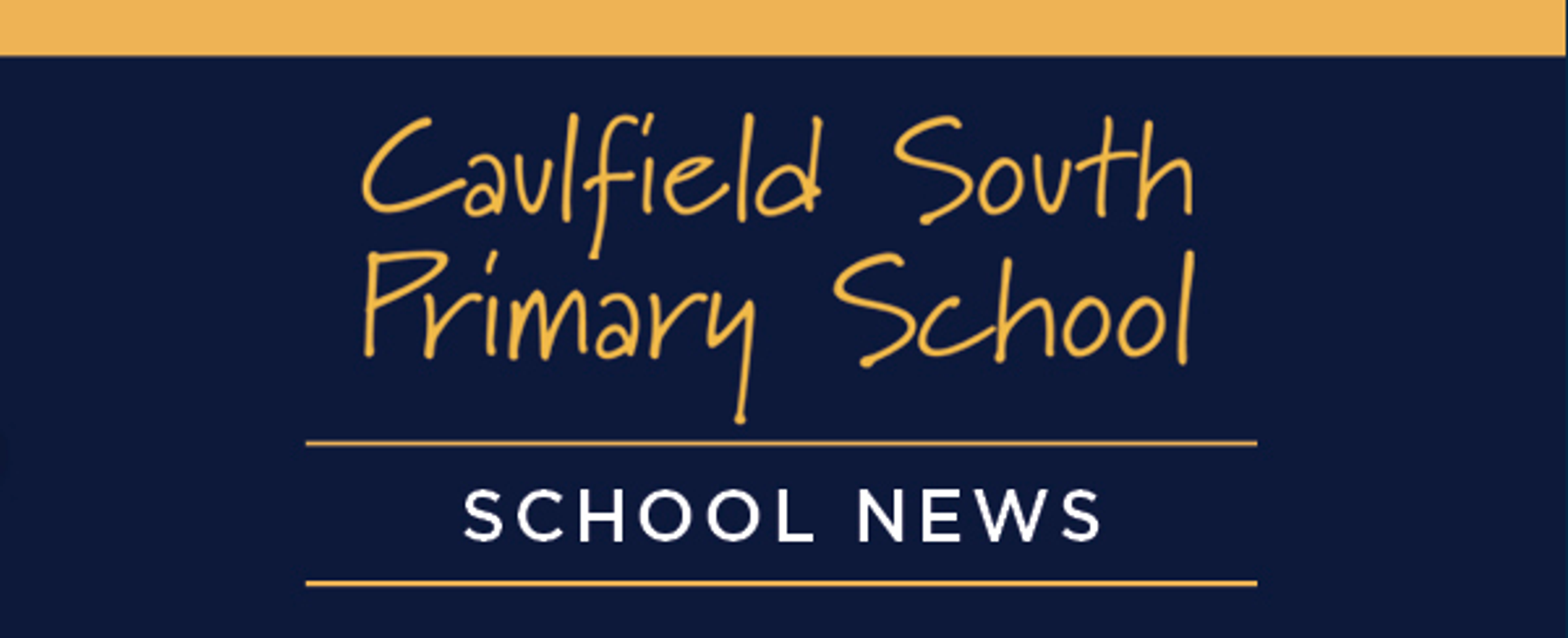
Assistant Principal's Report
Georgia Despotellis


Our recent Working Bee was a great success, with many families coming together to lend a hand. Despite busy schedules and sporting commitments, parents and students all worked hard to complete a range of essential tasks around the school. Volunteers moved sand into the sandpit, spread mulch onto garden beds, and added mulch under the Junior Playground to improve the outdoor spaces for our students. The atmosphere was positive and full of energy, and it was wonderful to see so many families contributing to the upkeep of our school. The beautiful weather made the day even more enjoyable. A huge thank you to everyone who participated – your efforts truly make a difference and help create a welcoming, well-maintained environment for our children to learn and play.
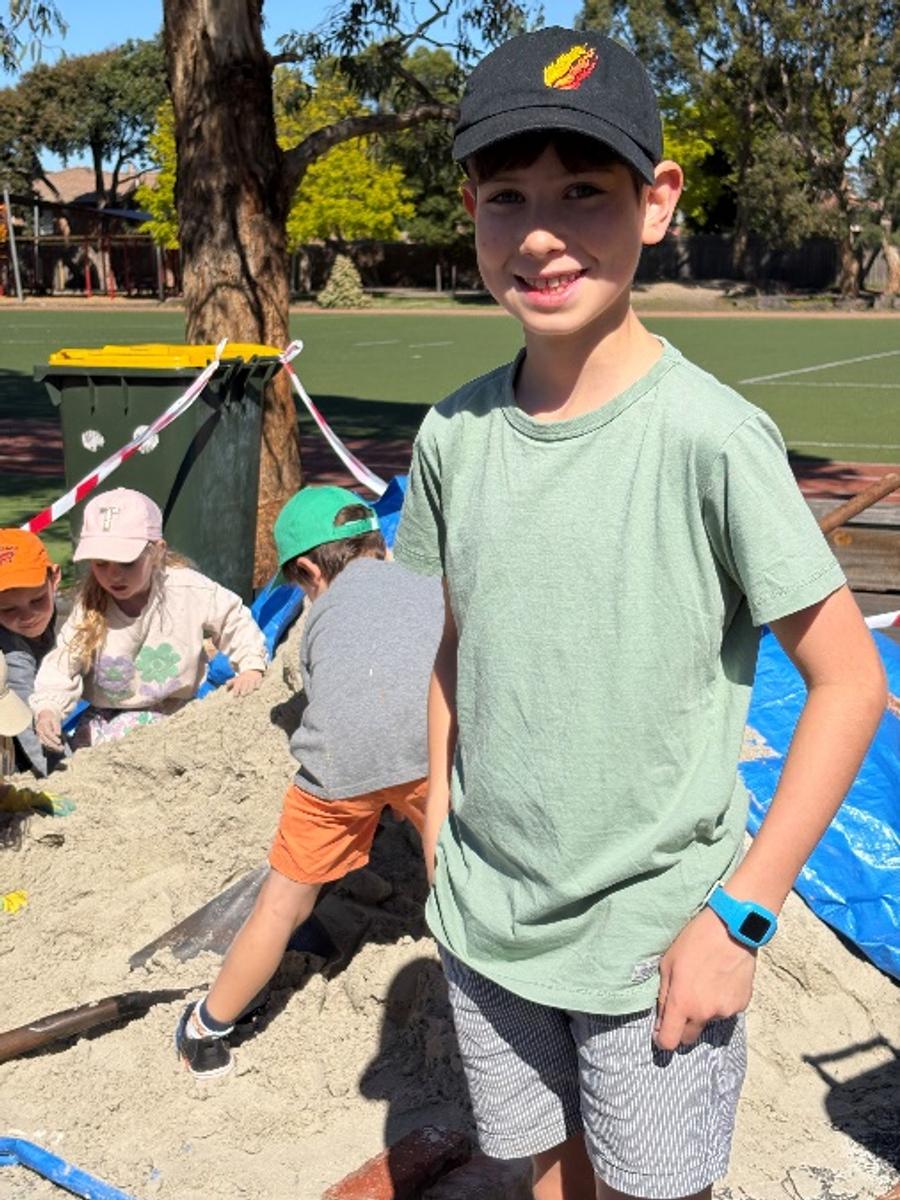
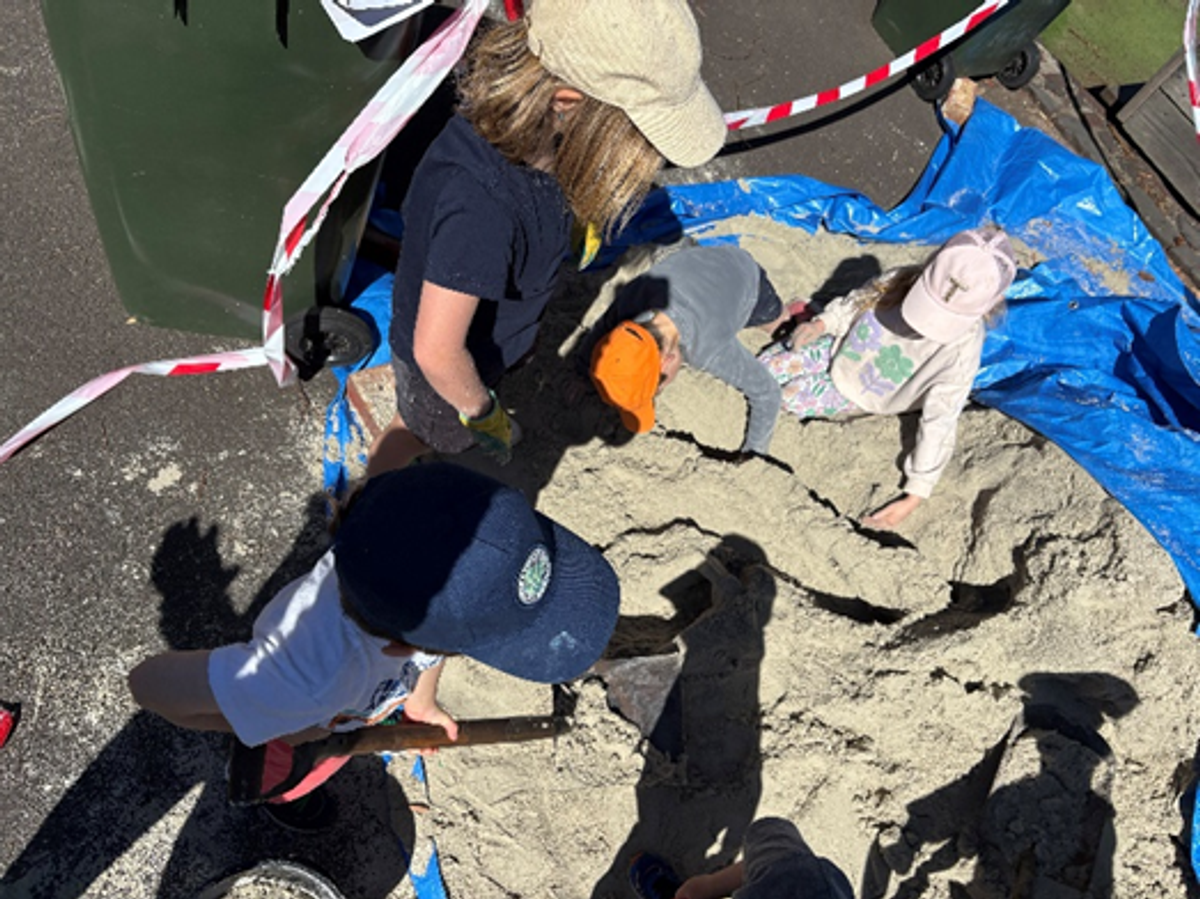
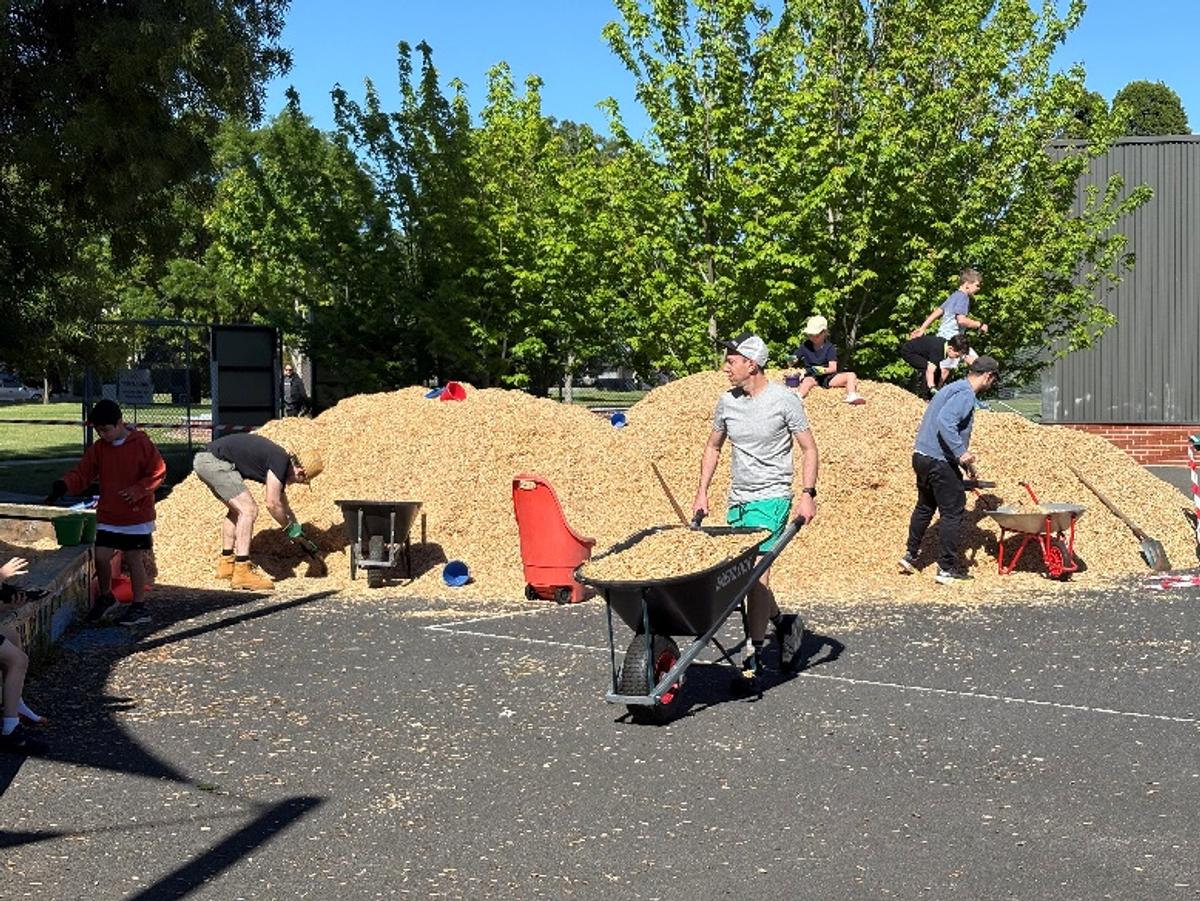
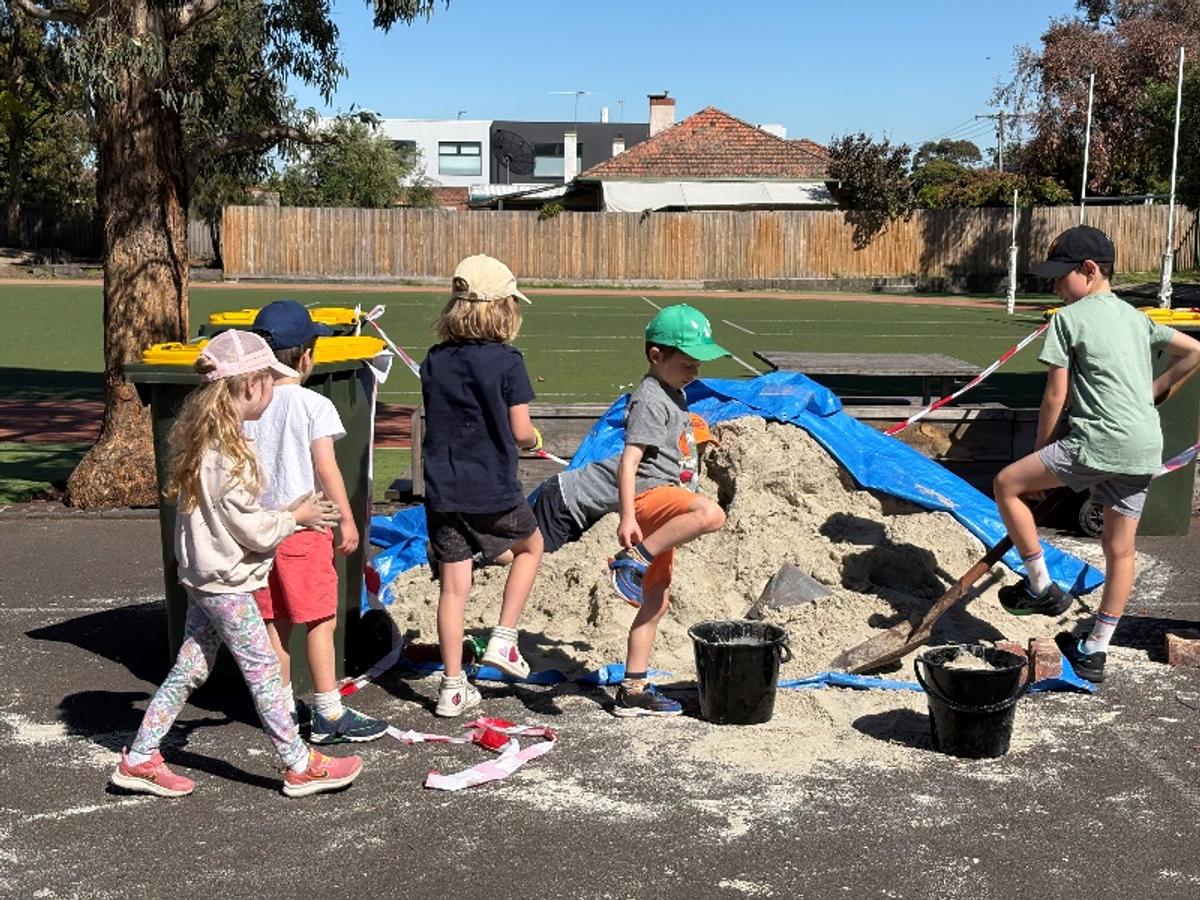
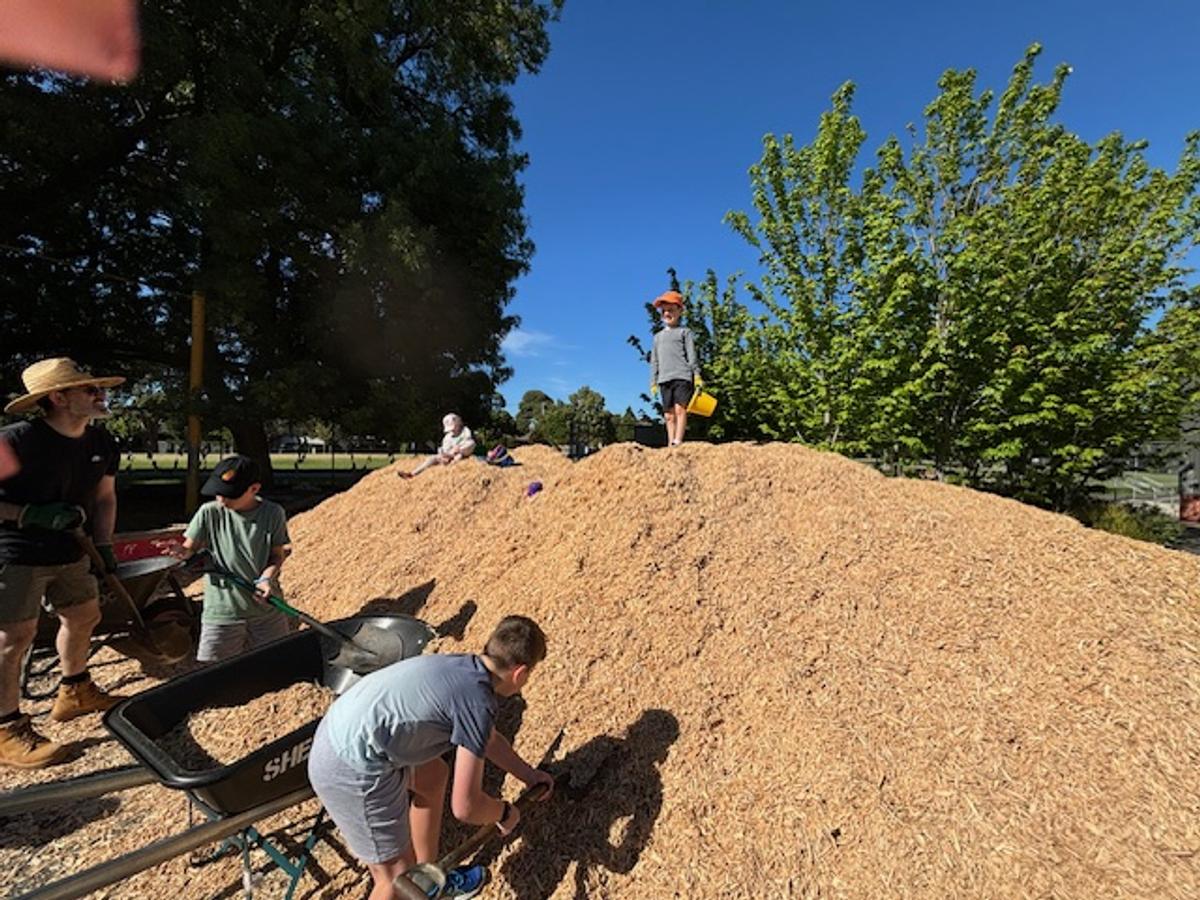
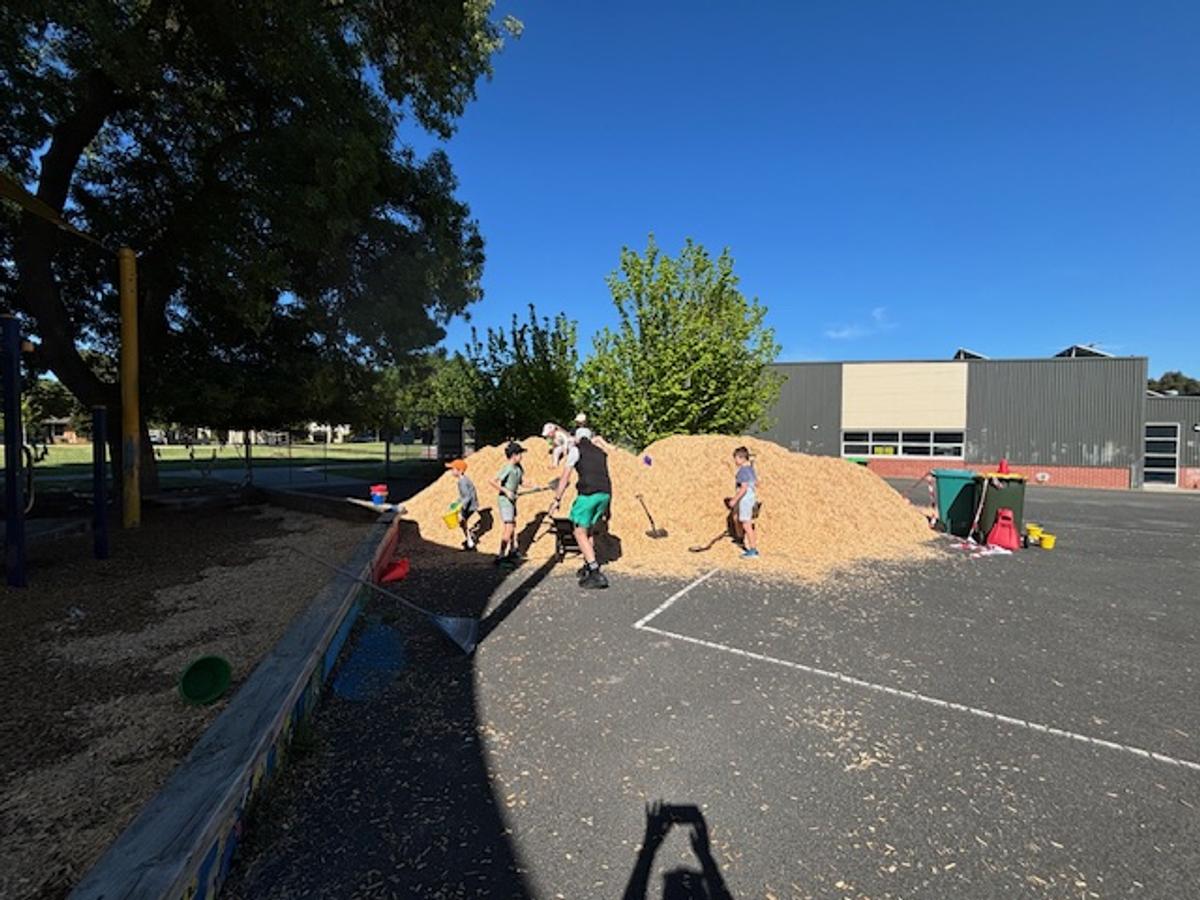
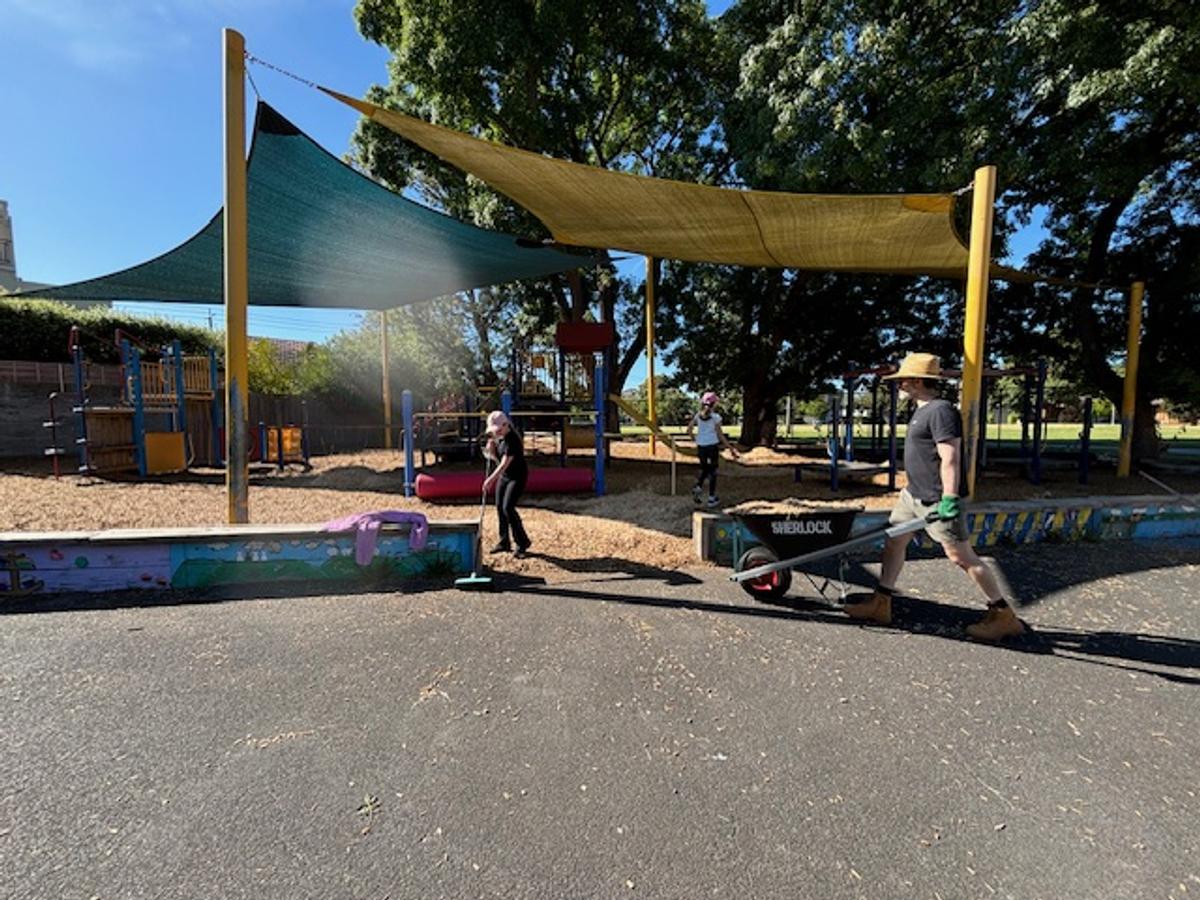







Our first Prep transition session for the 2025 Preps took place on Wednesday, 6th November, and was a wonderful success! The children looked fantastic in their CSPS T-shirts and eagerly participated in all classroom activities, settling in quickly and engaging with their new learning environment. It was fantastic to see how confidently the students separated from their parents and dove right into the organised tasks. The quality of the work produced was impressive, showing their enthusiasm and readiness for school. Meanwhile, parents had the chance to meet each other and learn more about how they can get involved in the school community. It was a great opportunity for families to connect and discover ways to support their child’s education. We are excited to continue supporting these young learners on their journey to becoming part of our school community and look forward to the upcoming transition sessions!
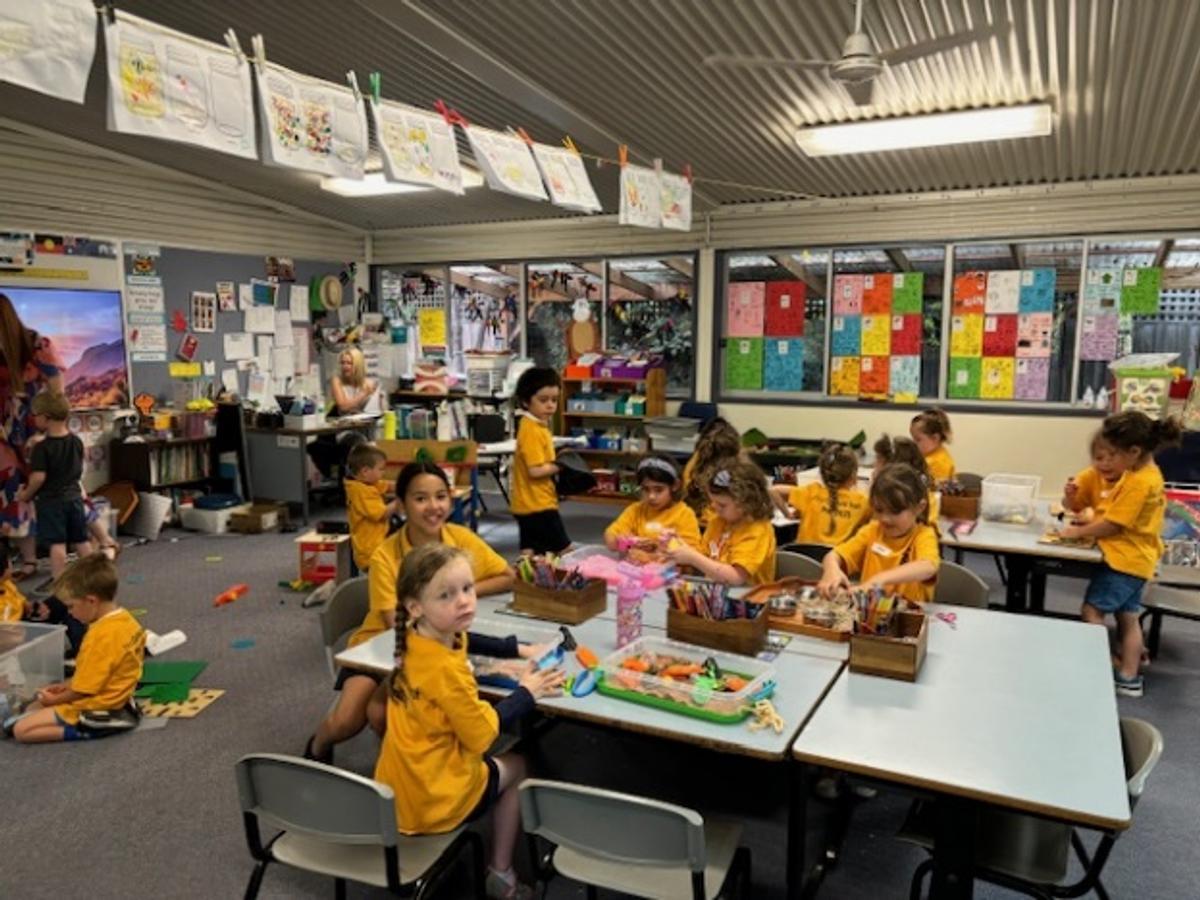
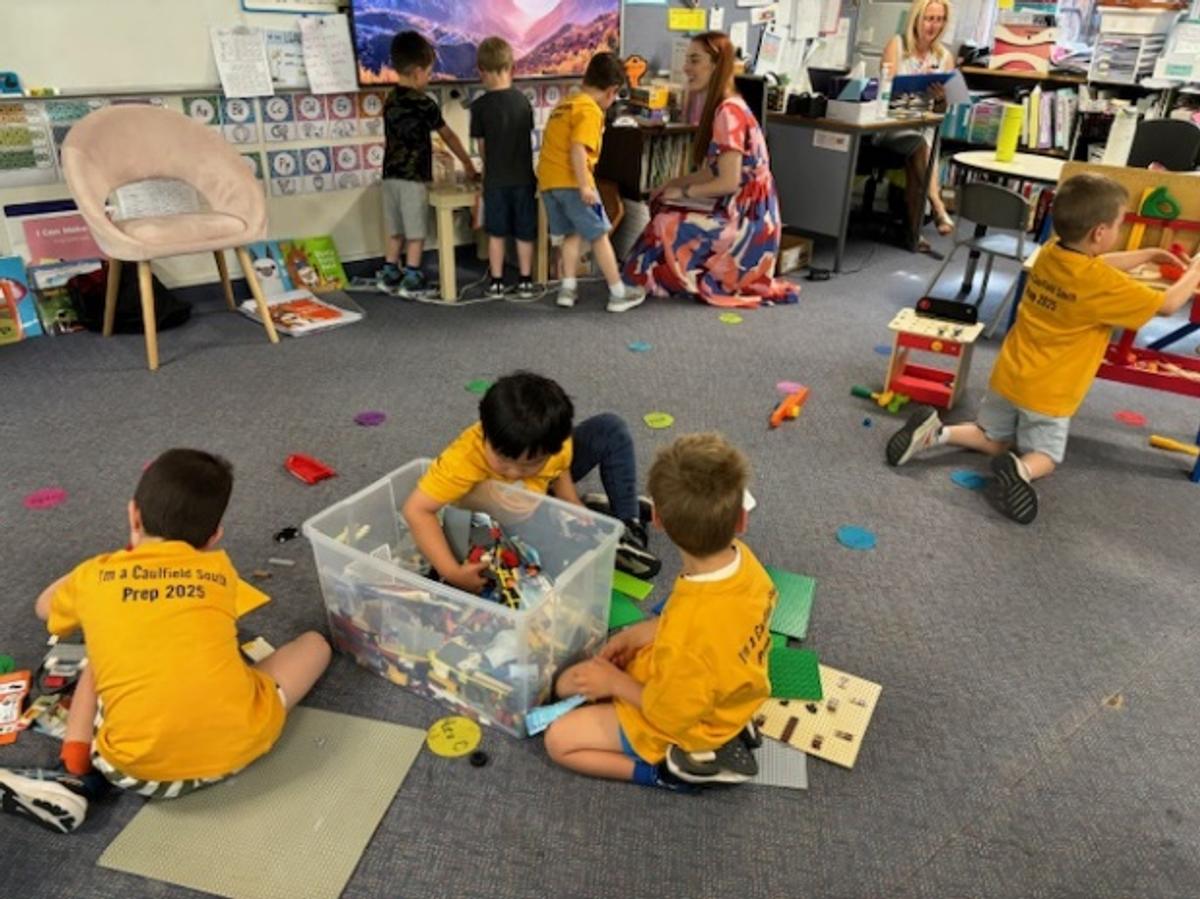
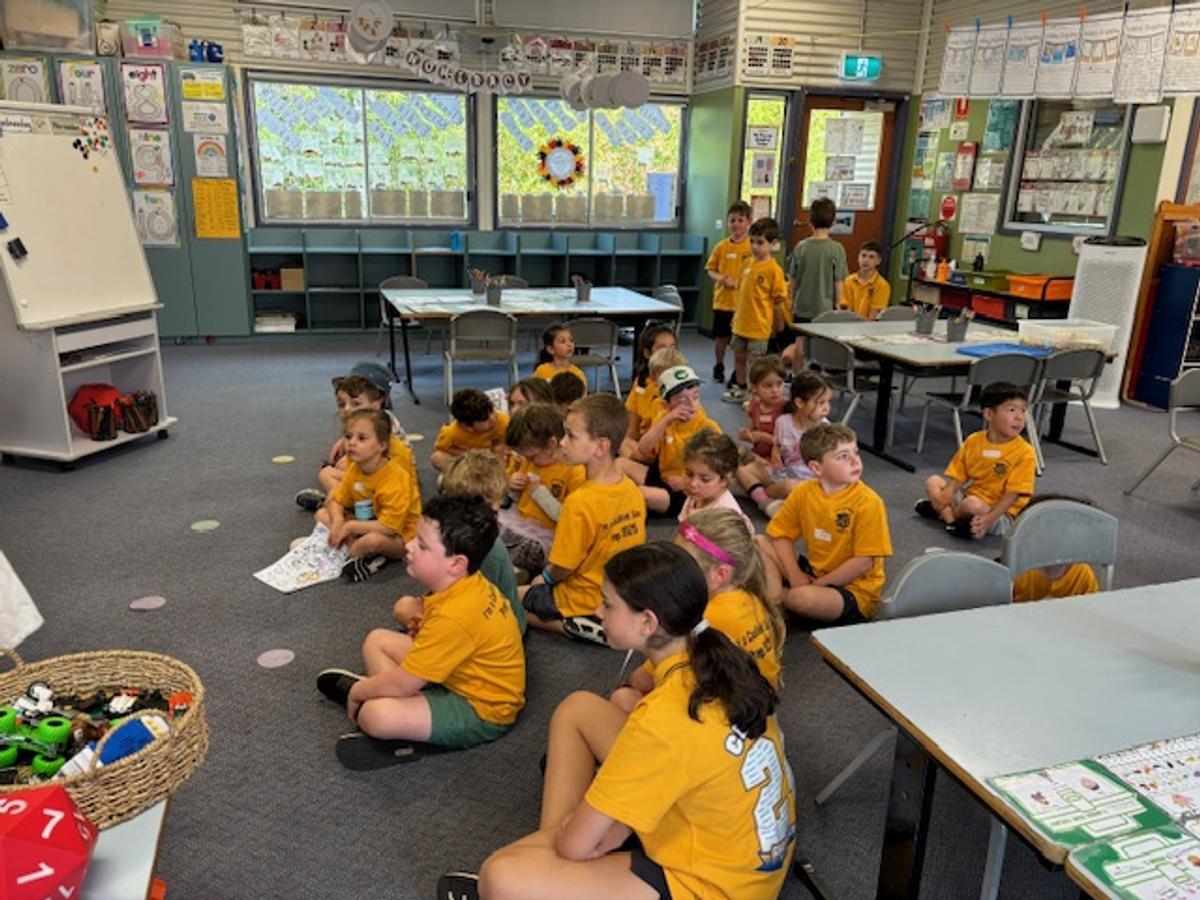
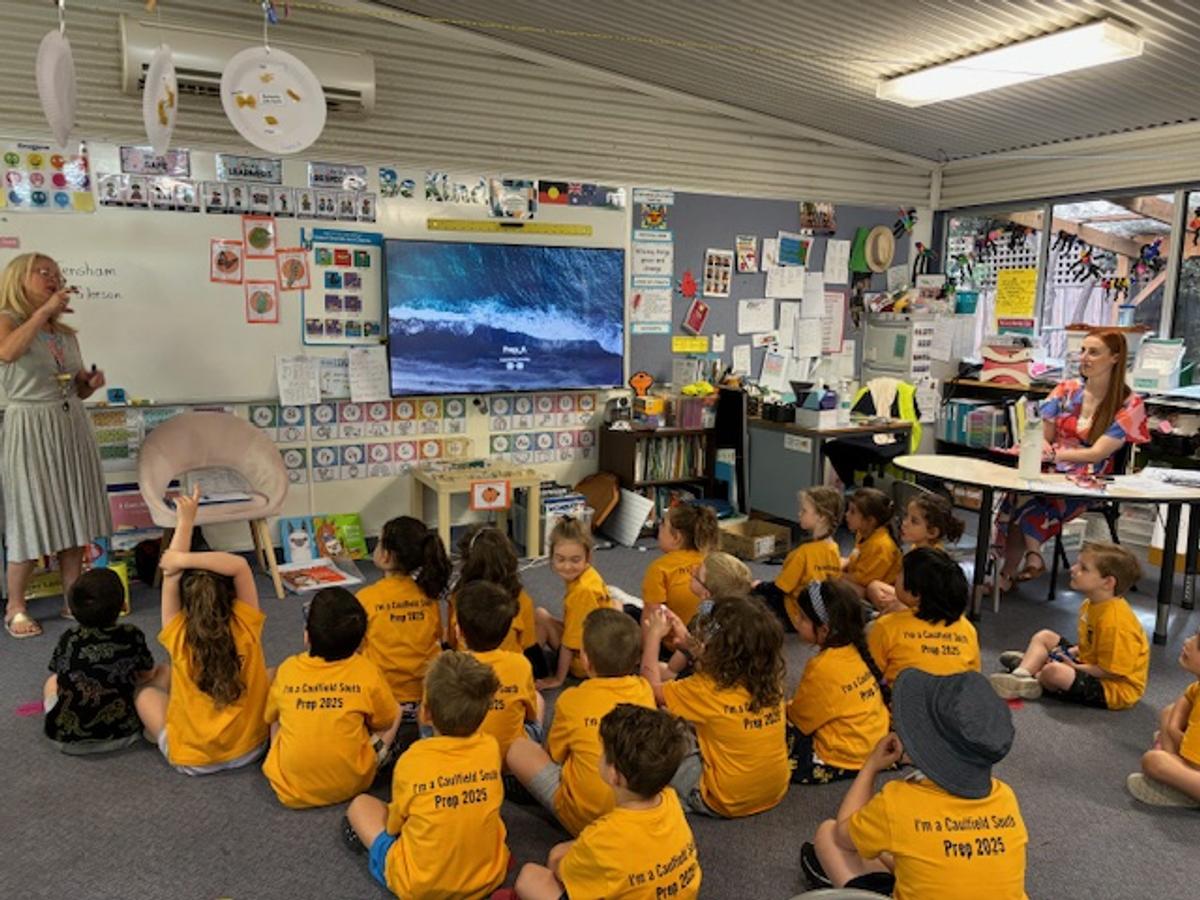




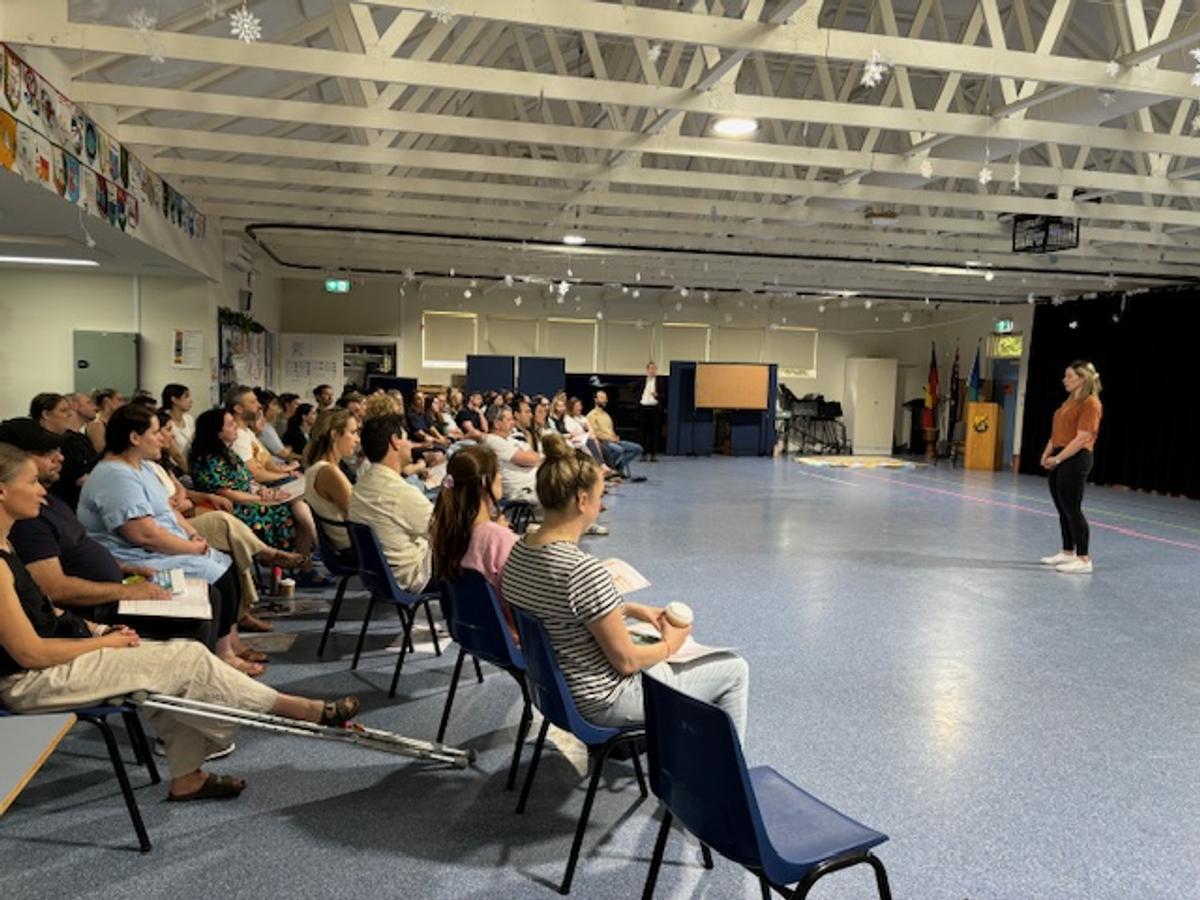
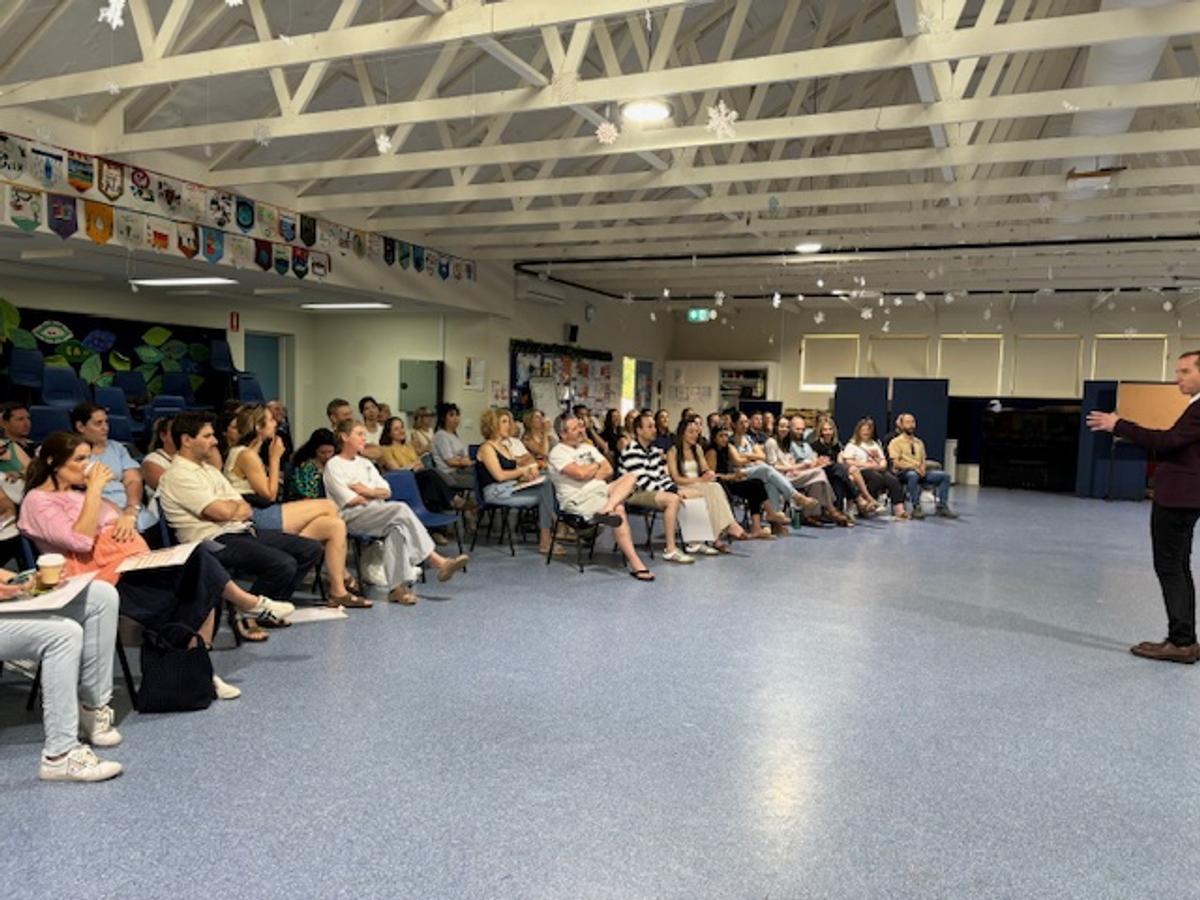
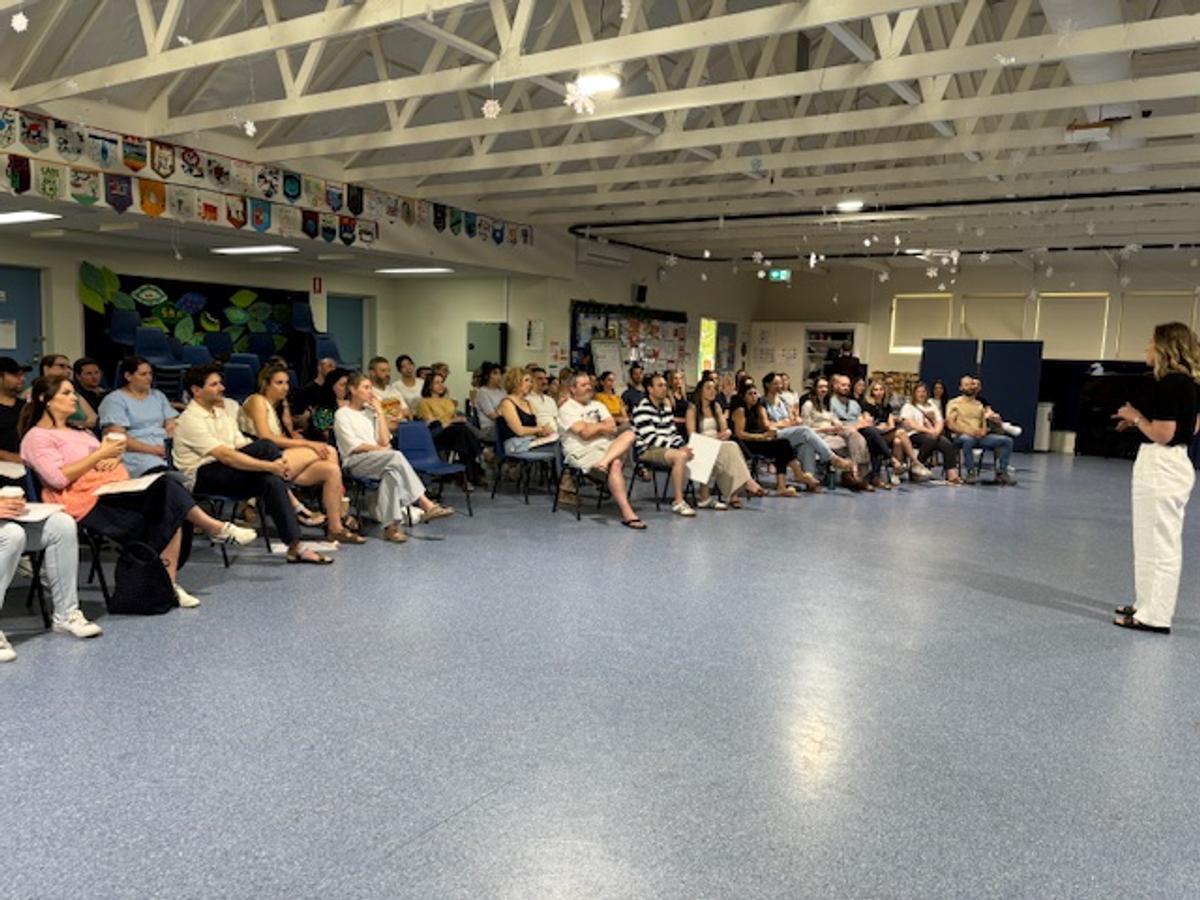
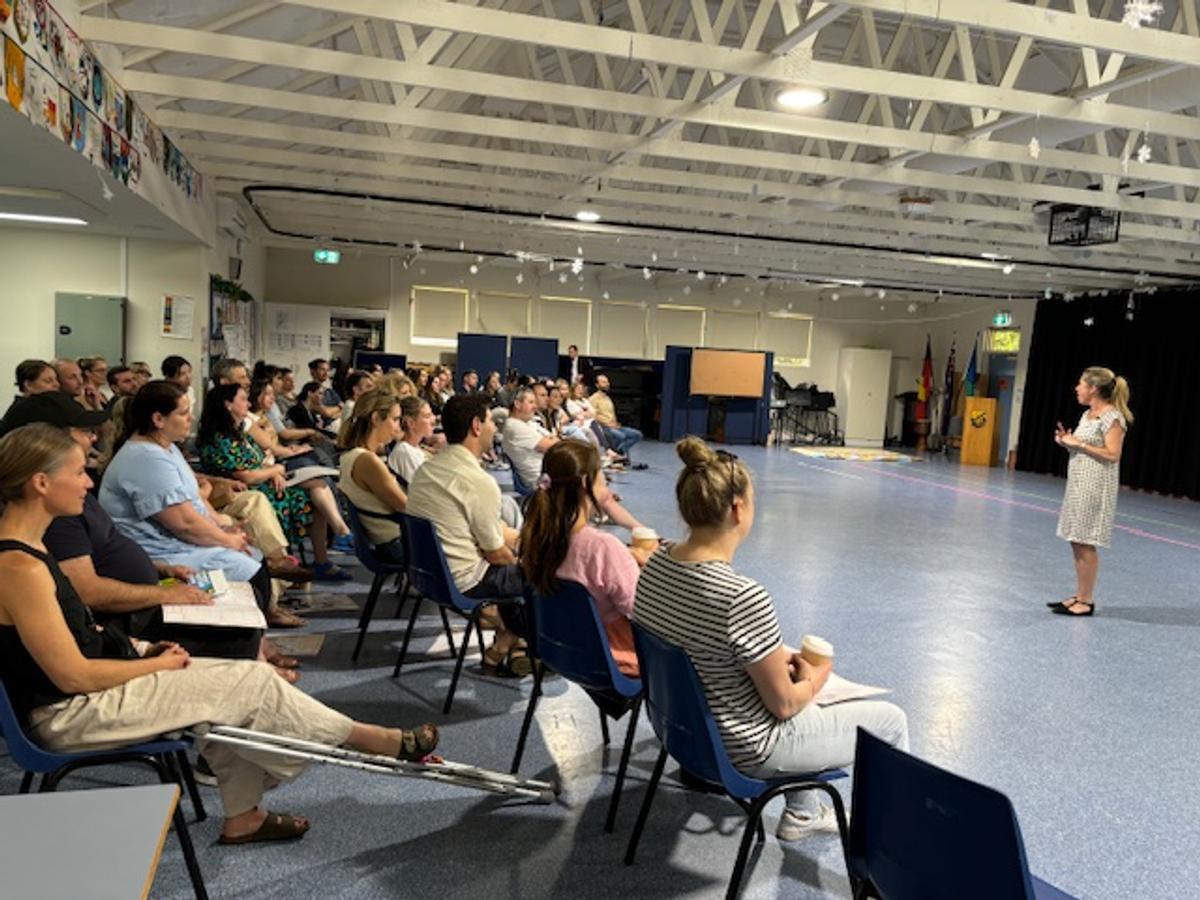




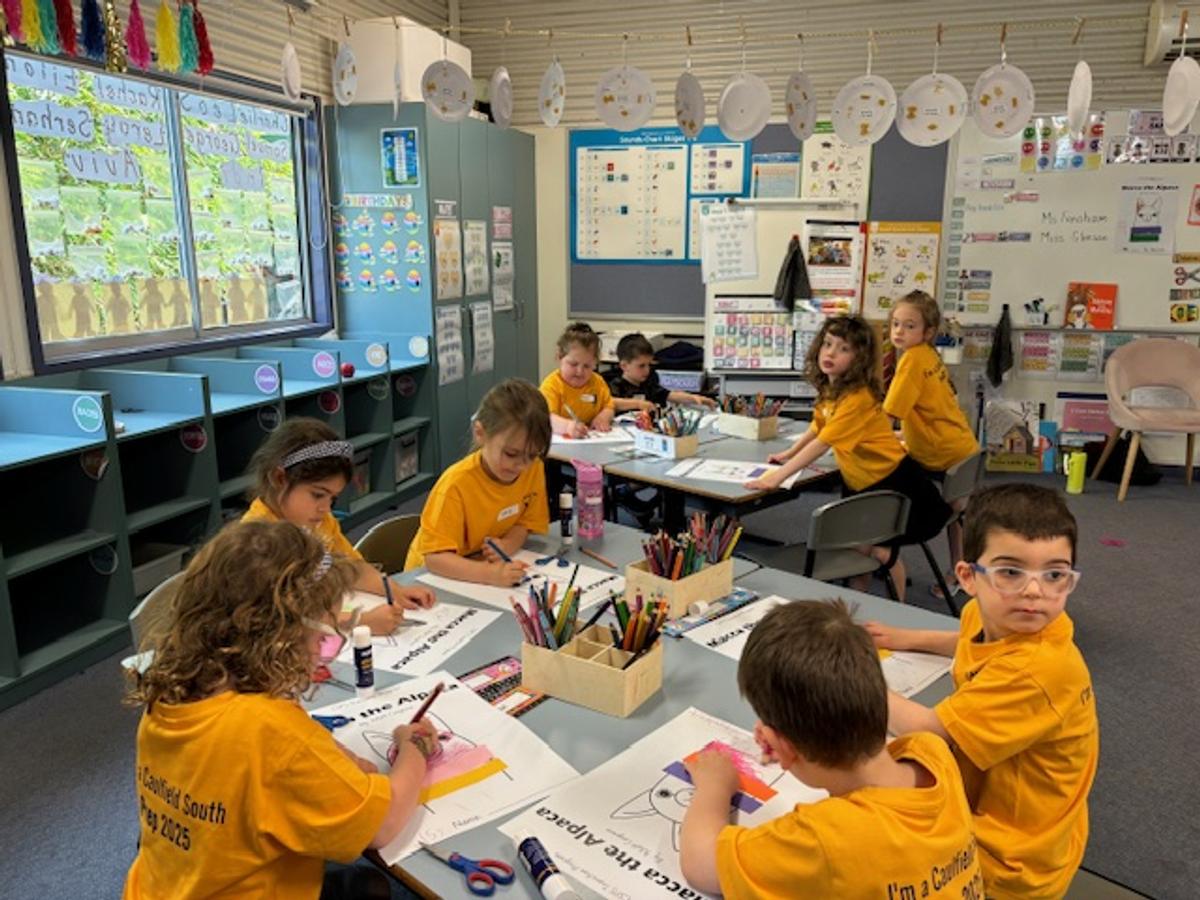
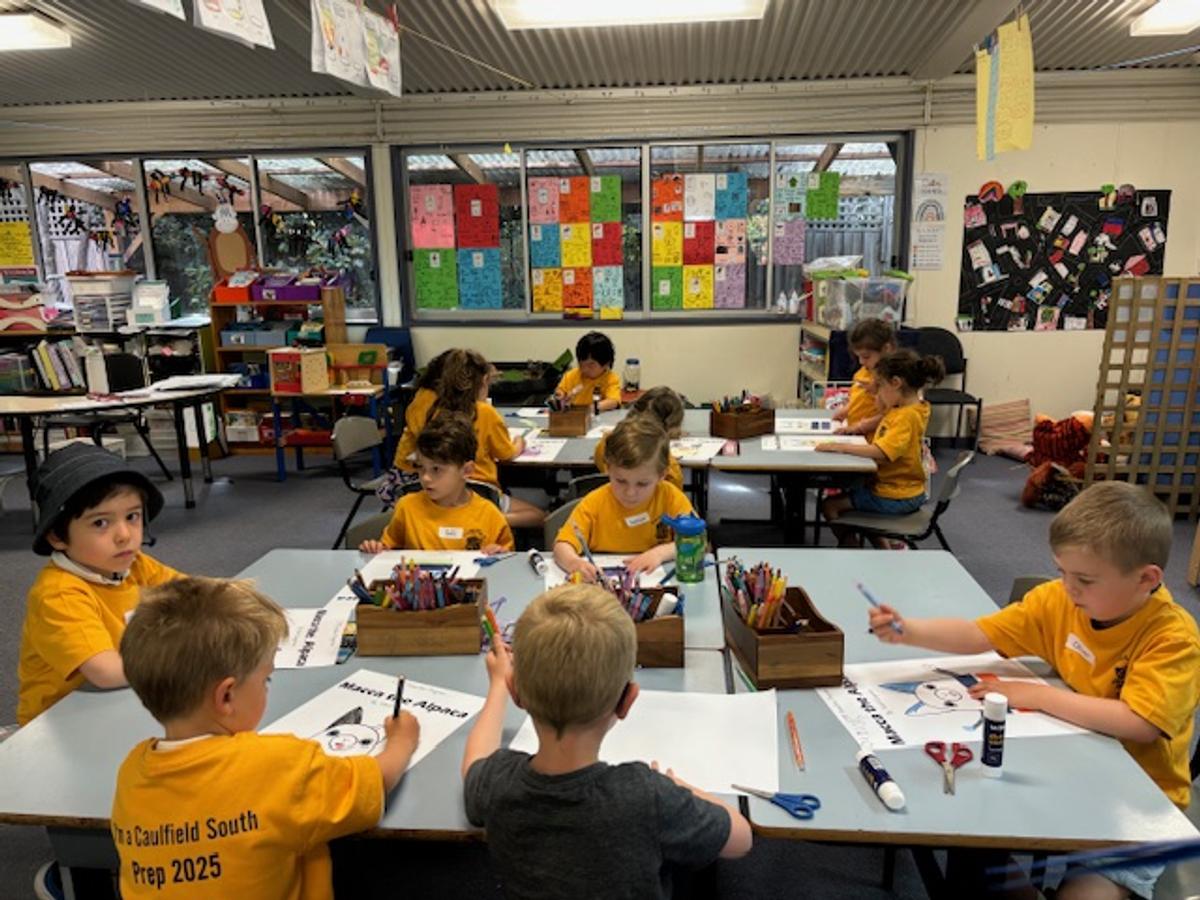
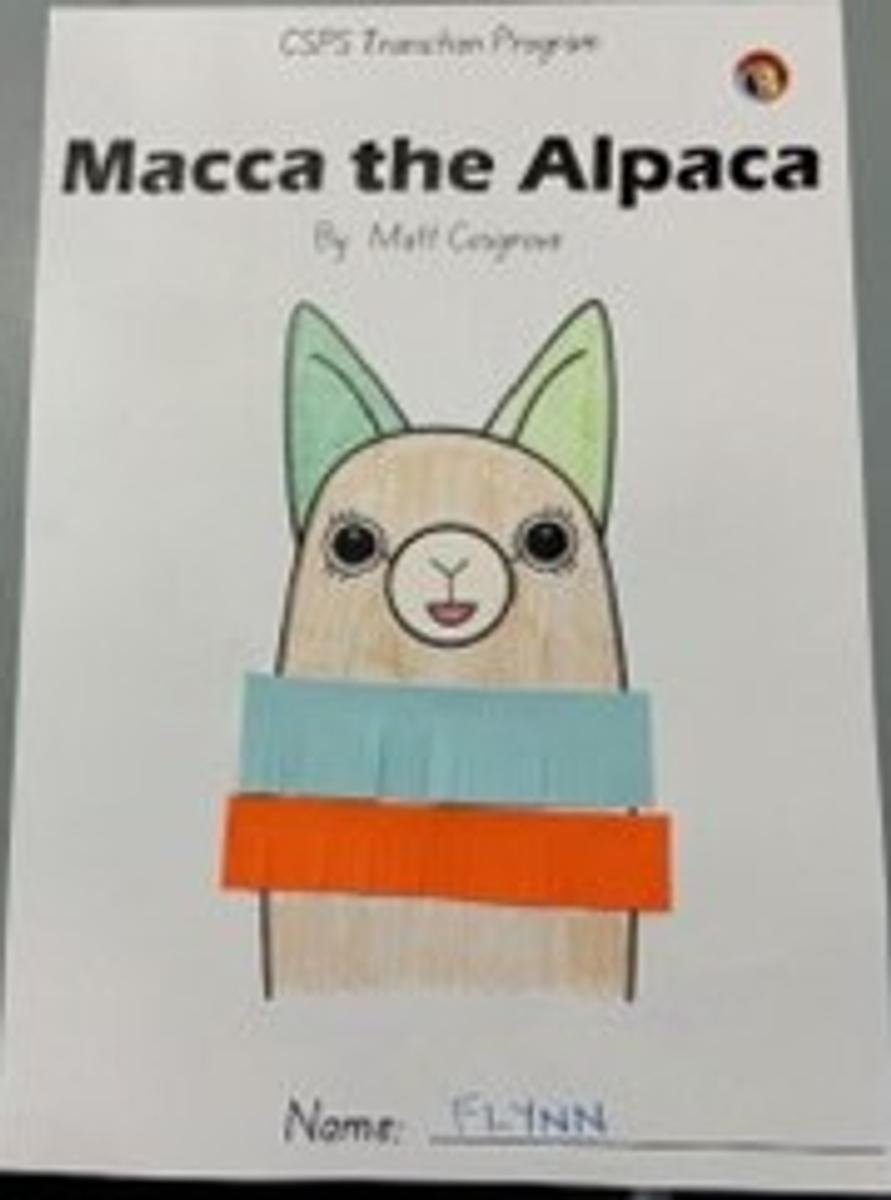
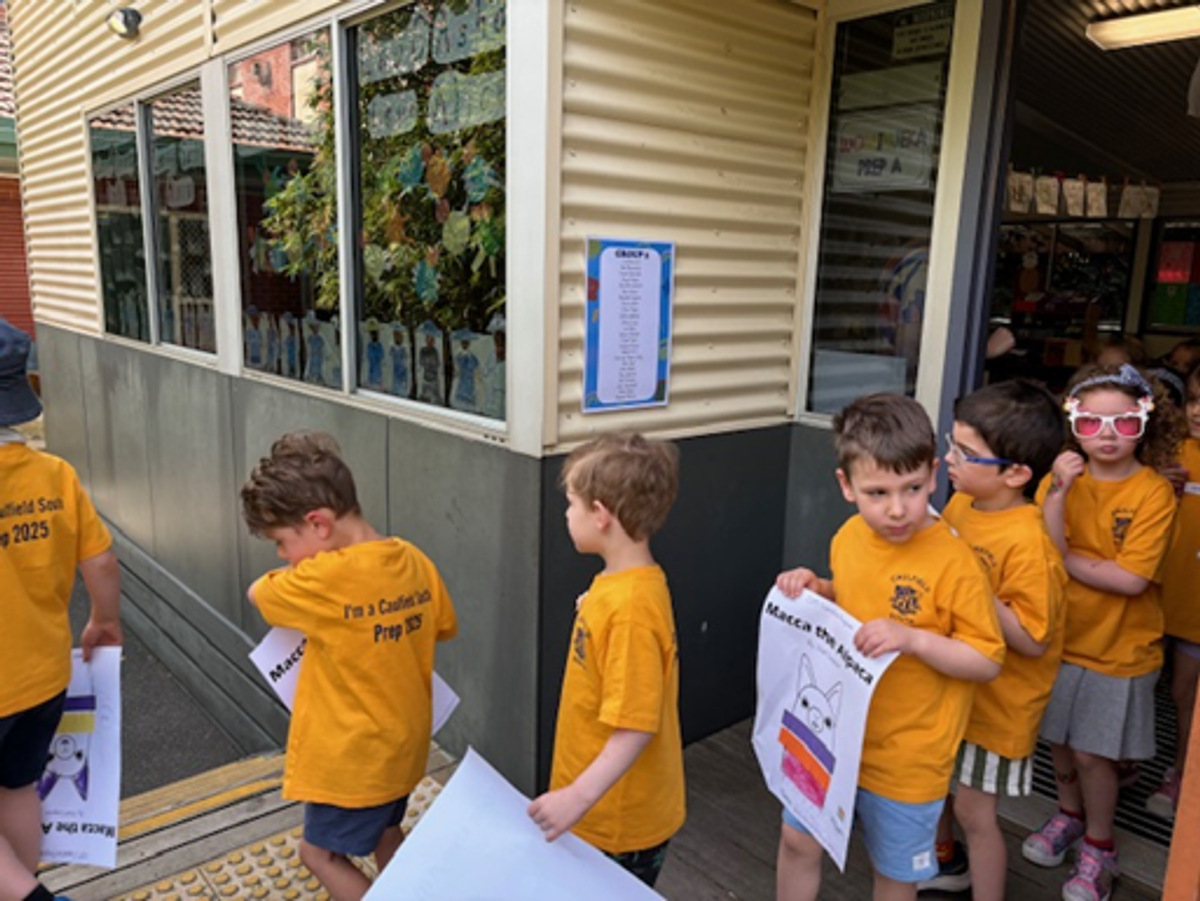
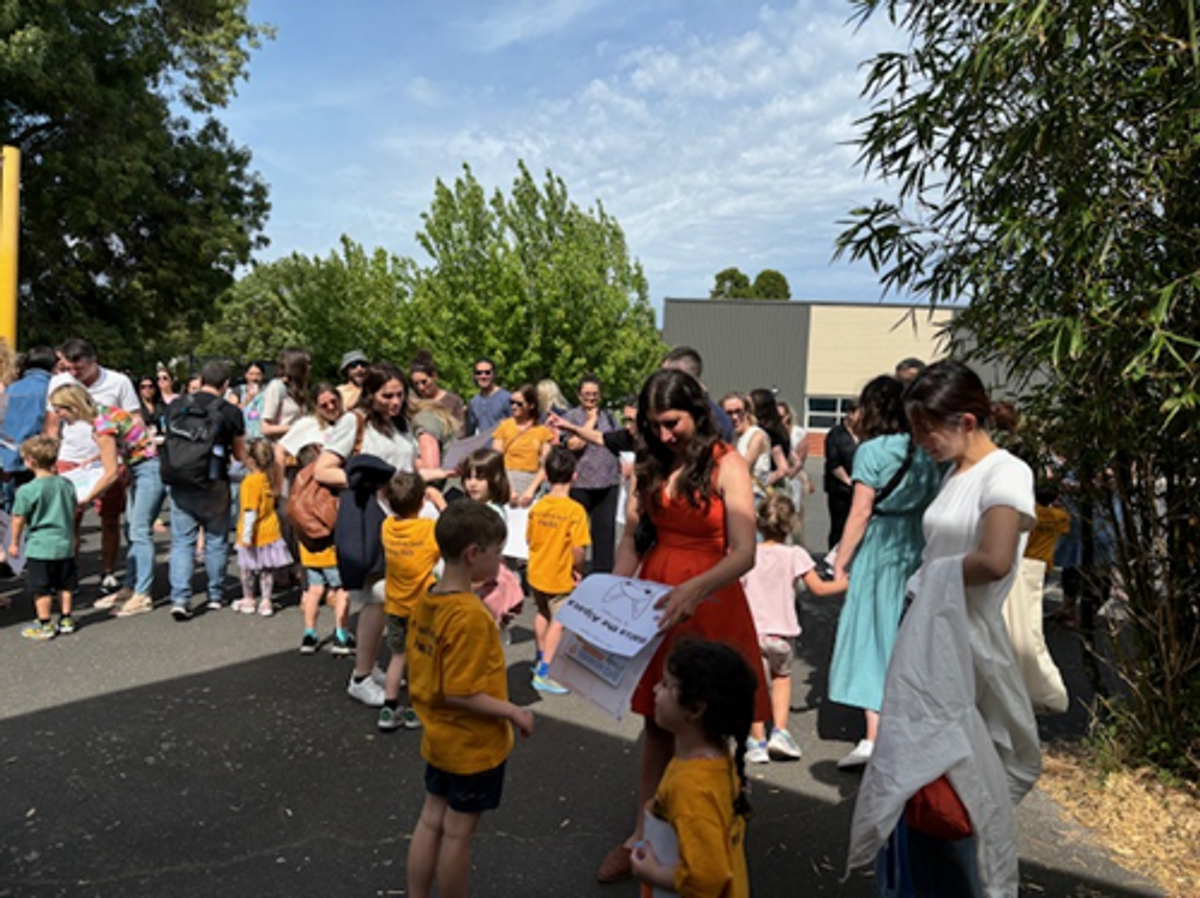
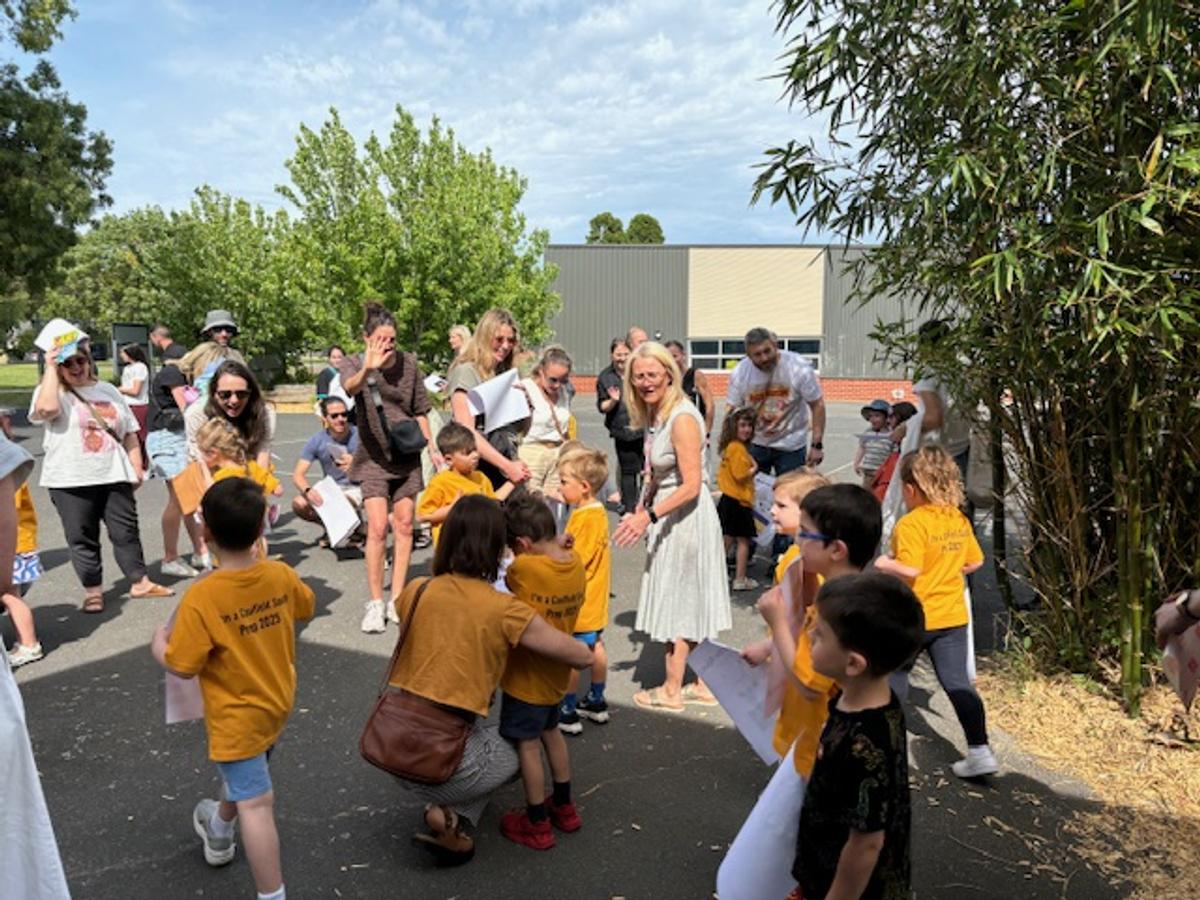






Self-regulation is the ability to manage one’s behaviour and their reactions to feelings and things happening around them.
It includes the ability to:
Self-regulation is important as it helps children to:
Some practical ways to help your child learn and practise self-regulation include:
At our school, we use the Zones of Regulation as our approach to support the development of self-regulation in children. All the different ways children feel are categorised into four coloured zones.
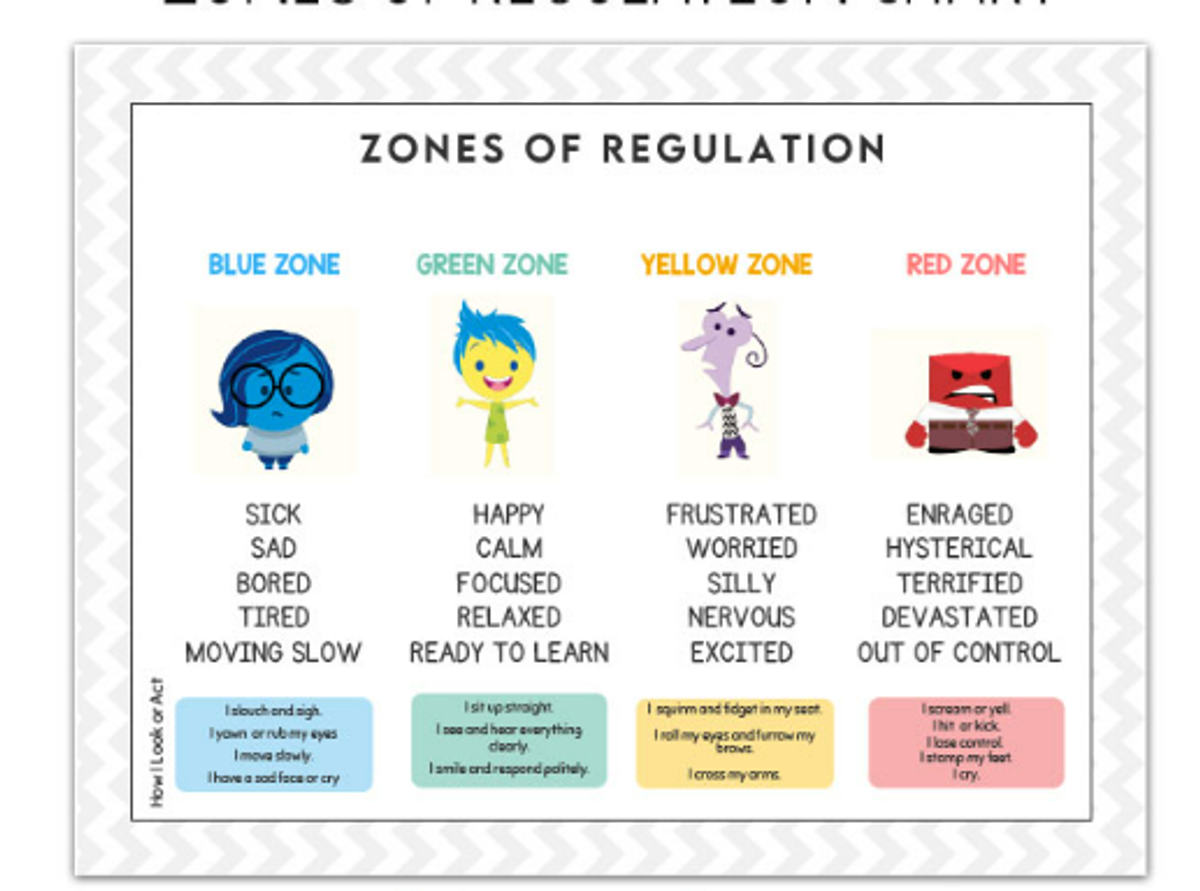

The Four Zones are:
Blue Zone – sad, bored, tired, sick (low state of alertness and down feelings)
Green Zone – happy, calm, proud, focussed (a calm state)
Yellow Zone – worried, stressed, excited, frustrated (elevated emotions)
Red Zone – overexcited, panicked, angry, terrified (intense emotions)
Georgia Despotellis
Assistant Principal